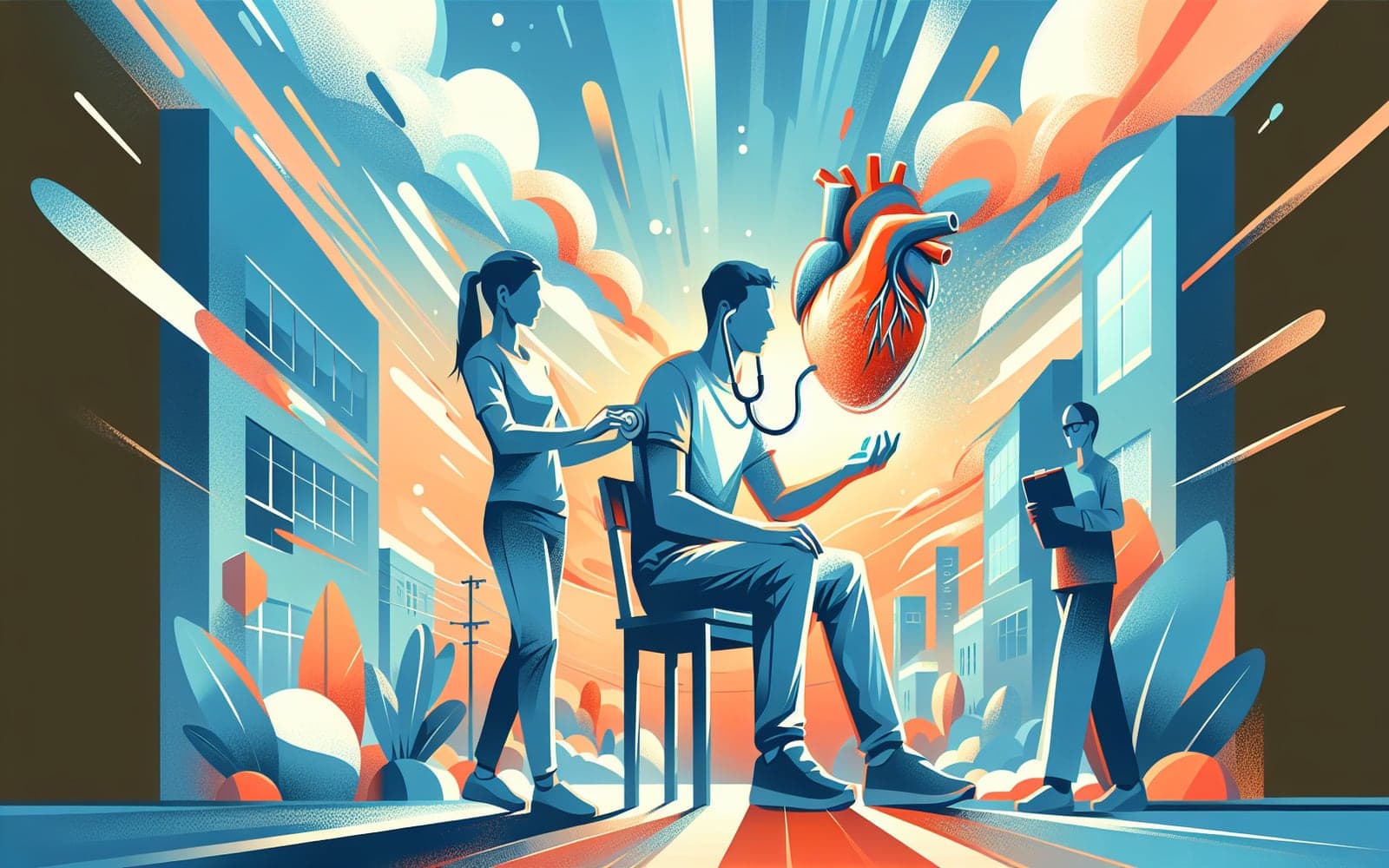Are You at Risk of Sudden Cardiac Death During Sports?
Are You at Risk of Sudden Cardiac Death During Sports?
What's This About?
Sudden cardiac death (SCD) during sports is rare but can happen due to various risk factors. Knowing these risks can help in taking preventive steps.
Contents
- Key Risk Factors for SCD
- Impact of Age and Activity Level
- The Role of Lifestyle and History
Key Risk Factors for SCD
Several factors can increase the risk of SCD during sports, including underlying heart conditions like hypertrophic cardiomyopathy and congenital coronary artery anomalies. Inherited arrhythmic syndromes such as Long QT syndrome also pose significant risks. Identifying these factors early is crucial for safe sports participation.
Impact of Age and Activity Level
Age and activity level play essential roles in SCD risk. Younger athletes are often affected by congenital heart diseases, while older athletes may have coronary artery disease. The intensity of physical activity can also influence risk, making it vital to tailor exercise plans according to individual health conditions.

The Role of Lifestyle and History
Lifestyle choices and family history contribute to SCD risk. Factors like smoking, high blood pressure, and a family history of heart disease increase susceptibility. Athletes with such risk profiles should undergo regular evaluations to manage these risks effectively.
FAQs
What are major SCD risk factors?
Underlying heart conditions and inherited arrhythmic syndromes.
Does age affect SCD risk?
Yes, younger athletes face different risks than older ones.
How do lifestyle choices impact risk?
Smoking and high blood pressure increase SCD susceptibility.
Why is family history important?
It indicates genetic predispositions to heart conditions.
The Bottom Line
Understanding your risk factors for SCD during sports can guide preventive measures and safe participation.
Additional References
- Maron BJ, Shirani J, Poliac LC, et al. Sudden death in young competitive athletes. Clinical, demographic, and pathological profiles. JAMA 1996; 276:199.
- Van Camp SP, Bloor CM, Mueller FO, et al. Nontraumatic sports death in high school and college athletes. Med Sci Sports Exerc 1995; 27:641.
This article has been reviewed for accuracy by one of the licensed medical doctors working for Doctronic.











